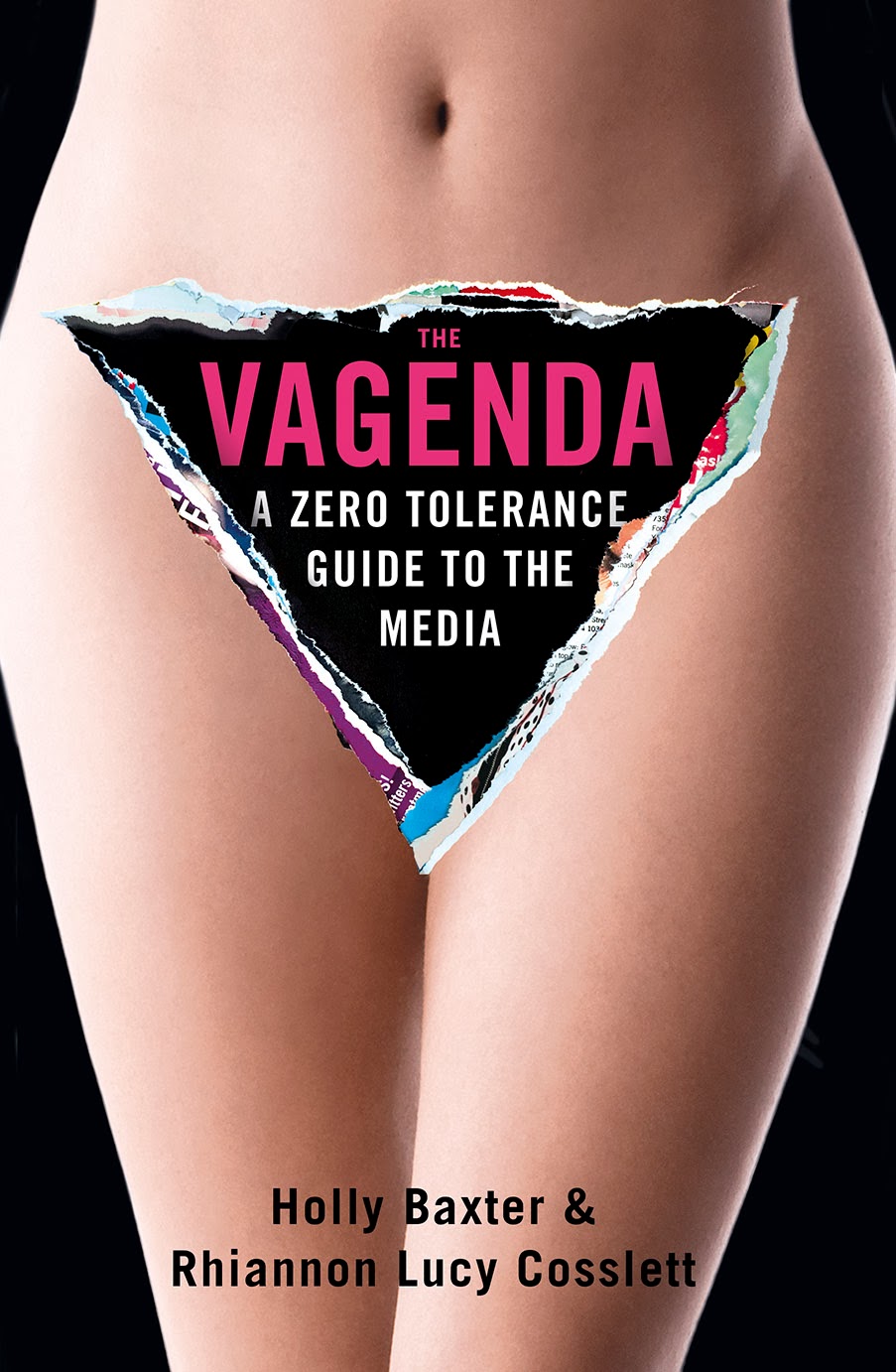
Jolie’s decision to have a double mastectomy resonated so strongly with me for many reasons. The first was that she chose to have the surgery with such selfless rationale, so her children might never go through the loss she endured when her own mother died of breast cancer. The second reason was because my family has a history of breast cancer. Last summer my 39-year-old cousin was diagnosed with it and, after chemotherapy and numerous operations, decided to have a double mastectomy. Her mother, my aunt, is currently undergoing treatment for breast cancer for a second time in 10 years and recently had a single mastectomy. My maternal grandmother and her identical twin sister both died of breast cancer in their early 40s, and my mum’s cousin had cancer almost 20 years ago but thankfully has since remained cancer-free. Jolie has the BRCA1 gene. She described it in her piece as ‘a “faulty” gene’, and noted that because of it, and without surgery, the chance of her developing breast cancer at some point in her lifetime was 87%.
I am currently on a waiting list to be tested for the similar “faulty” BRCA2 gene that led to my cousin’s cancer. The same faulty gene could have been the reason my mum and her two brothers lost their mother when my mum was just 13, and her younger brother just eight. The same faulty gene could have been the reason my grandmother’s twin sister died just two years before that, again leaving behind three children.
I am 22 years old. I know that, if statistics and my family history are anything to go by, if I do have the faulty gene I’m currently at a ‘safe age’. But I know I won’t be forever, and I also know that every time I see statistics that talk about the BRCA1 or BRCA2 gene faults the numbers before the percentage sign that denote chances of developing cancer make me seize up and struggle to catch my breath.
I’m 22 years old but I have more science, medicine and family insight on my side than my grandmother and great aunt would have had over 40 years ago. Every day since my cousin suggested I have genetic testing I’m plagued with worry about the possibility of possessing the faulty BRCA2 gene.
My mum is due to get the results telling her whether she possesses the faulty gene in the next few weeks. In some level of science that spreads much further than my B-grade in GCSE Science, if my mum doesn’t have the faulty gene I can’t have it, and therefore can’t pass it down to any children I might have. If my mum does have the faulty gene, she’s in another ‘safe age’, because my family’s breast cancer is pre-menopausal. Even so, my mum has already said she would consider surgeries such as a double mastectomy and the removal of her ovaries and fallopian tubes, if it meant it would remove the increased risks that the BRCA2 fault brings.
At 22, I find it very difficult to come to terms with the fact that this is something I might have to think about in the next few years. I’m fortunate in the fact that my wonderful cousin and aunt have been incredibly inspiring over the last year, and I’m very glad that Angelina Jolie is the face that’s talking about breast cancer awareness and genetic testing. The whole world is talking about it. All power to you, Angie.
I also feel very fortunate that this testing is available to me on the NHS due to my family history, and that, as well as regularly checking myself for lumps, I have increased awareness about what the future might hold for my body.
In the meantime, we await my mum’s results. If hers come back with the news that she does possess the faulty gene, a phone call to my clinical genetics unit will see that I start my testing in the next few weeks. Until then, I sit in limbo. I’m stuck knowing that my situation could be much, much worse, and also knowing that I have foresight on my side. In actuality, that’s a pretty comforting thought.
Information on the BRCA1 and BRCA2 genes is available on the NHS website, as is information on checking your breasts.


a local South African journalist shared her story:
http://www.citypress.co.za/news/our-beautiful-scars/?utm_source=rss&utm_medium=rss&utm_campaign=our-beautiful-scars
I to am very glad that this has been getting a lot of press since Angelina’s article, but I’d be wary of thinking that 22 is a “safe age”.
I was 30 when I was diagnosed with invasive breast cancer (although non BRCA), and after my mastectomy it was discovered that almost the entire of the affected breast was pre-cancerous, and following the old maxim that it takes 10 years for pre cancer to turn into cancer… Plus I was by no means the youngest patient being treated by my oncologists.
Still after 2 years of treatment (I love the NHS!) I’m cancer free and my prognosis is pretty good. I’ve just had my re constructive surgery done too, and am very pleased with the result – wearing a bra, you wouldn’t be able to tell I’ve got one 100% fake boob.
Here’s hoping your Mum’s results come out clear, and here’s to spreading the good word about checking your breasts.
Sarah, sorry if this seems like an intrusive question, but did you have to pay for the reconstructive surgery? I’m asking because an idiot posted a comment on my friend’s timeline to the effect that Angelina Jolie was lucky because she could afford to get new boobs. I shut him up by telling him reconstruction was available on the NHS, but I’m not actually sure!
Fantastic to know that your treatment was successful